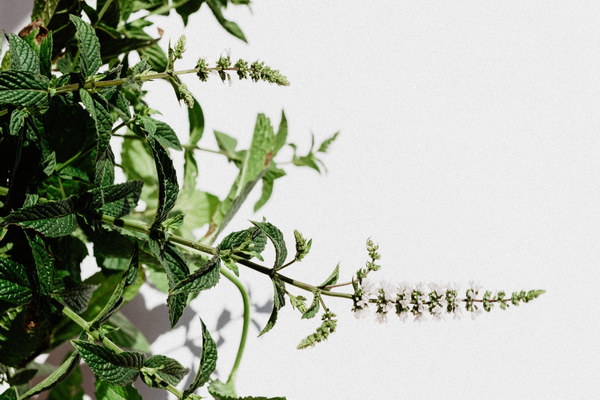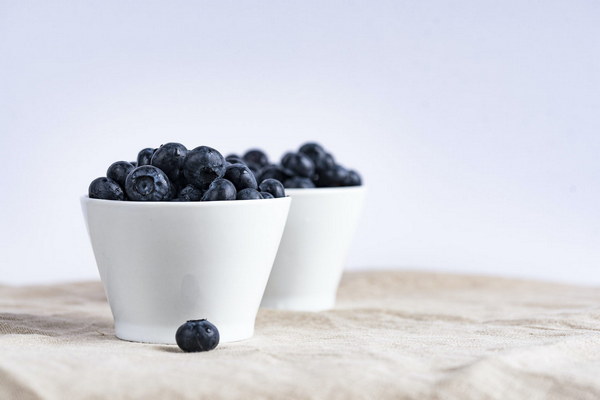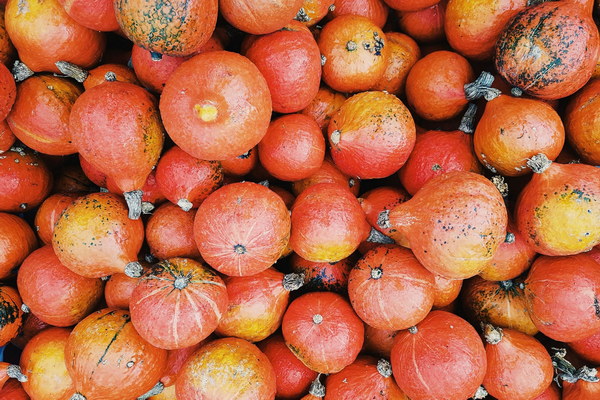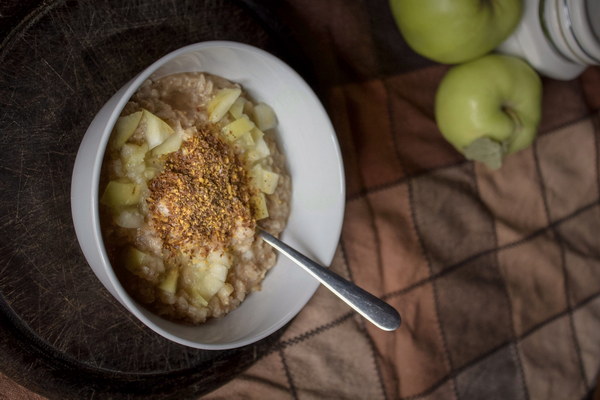The Ultimate Guide to the Most Effective Wetness-Relieving Medicines
In the pursuit of maintaining a healthy and balanced body, one often overlooked aspect is the importance of managing wetness or dampness within the body. Excessive dampness can lead to various health issues, including fatigue, joint pain, and digestive disorders. To address this concern, wetness-relieving medicines have emerged as a popular choice among individuals seeking relief. This article delves into the most effective wetness-relieving medicines available, providing you with valuable insights to choose the right option for your specific needs.

1. Traditional Chinese Medicine (TCM) Herbs
Traditional Chinese Medicine (TCM) has been used for centuries to address various health concerns, including wetness. TCM herbs are known for their natural properties and have proven to be effective in alleviating dampness. Some of the most popular TCM herbs for wetness relief include:
a. Atractylodes macrocephala (Cang Zhu): This herb is renowned for its dampness-relieving properties and is often used in TCM formulas.
b. Poria cocos (Fu Ling): Poria cocos is commonly used to eliminate dampness and support kidney function.
c. Alisma orientale (Ze Xie): Alisma orientale is a versatile herb that helps drain dampness, promote digestion, and relieve joint pain.
2. Western Medications
In addition to TCM herbs, certain Western medications have been found to be effective in addressing wetness-related issues. Here are some notable options:
a. Diuretics: Diuretics are commonly prescribed to increase urine production, thereby reducing excess fluid and dampness in the body. Examples include Furosemide and Hydrochlorothiazide.
b. Antihistamines: Antihistamines can help alleviate symptoms associated with dampness, such as itching and swelling. Commonly used antihistamines include Cetirizine and Diphenhydramine.
c. Proton Pump Inhibitors (PPIs): PPIs are primarily used to treat acid reflux and heartburn, but they can also help manage dampness-related digestive issues. Examples include Omeprazole and Esomeprazole.
3. Natural Remedies
For those who prefer a more holistic approach, natural remedies can be effective in reducing dampness. Here are some natural options to consider:
a. Diet: A balanced diet rich in fiber and low in sugar and saturated fats can help reduce dampness. Foods such as garlic, ginger, and green tea are known for their dampness-relieving properties.
b. Exercise: Regular physical activity can improve circulation and promote the elimination of excess fluid in the body, thereby reducing dampness.
c. Acupuncture: Acupuncture, a traditional Chinese practice, can help balance the body's energy and alleviate dampness-related symptoms.
In conclusion, wetness-relieving medicines can play a significant role in managing dampness-related health issues. Whether you opt for TCM herbs, Western medications, or natural remedies, it is essential to consult with a healthcare professional to determine the most suitable option for your specific needs. By addressing dampness effectively, you can improve your overall well-being and quality of life.









